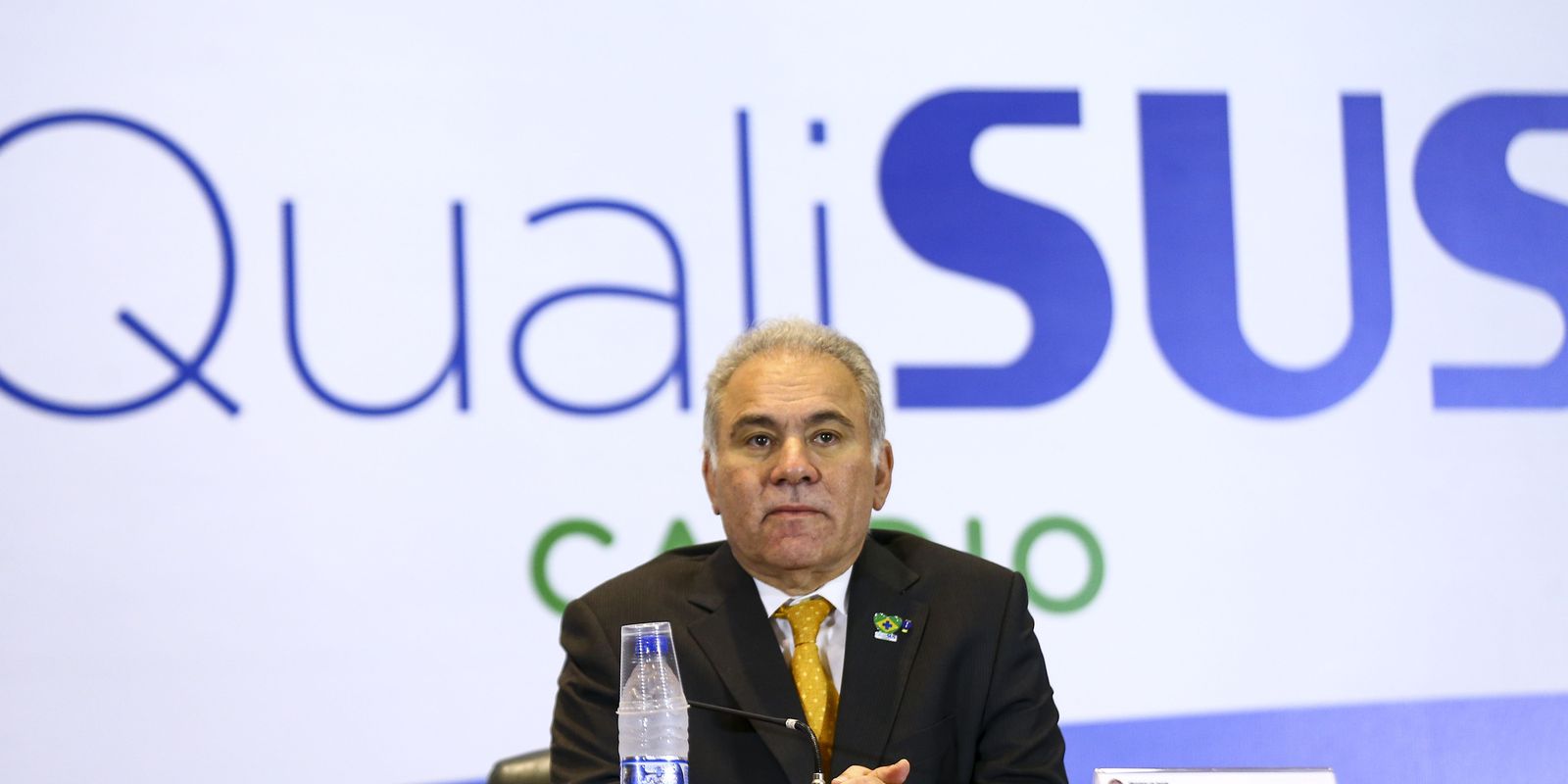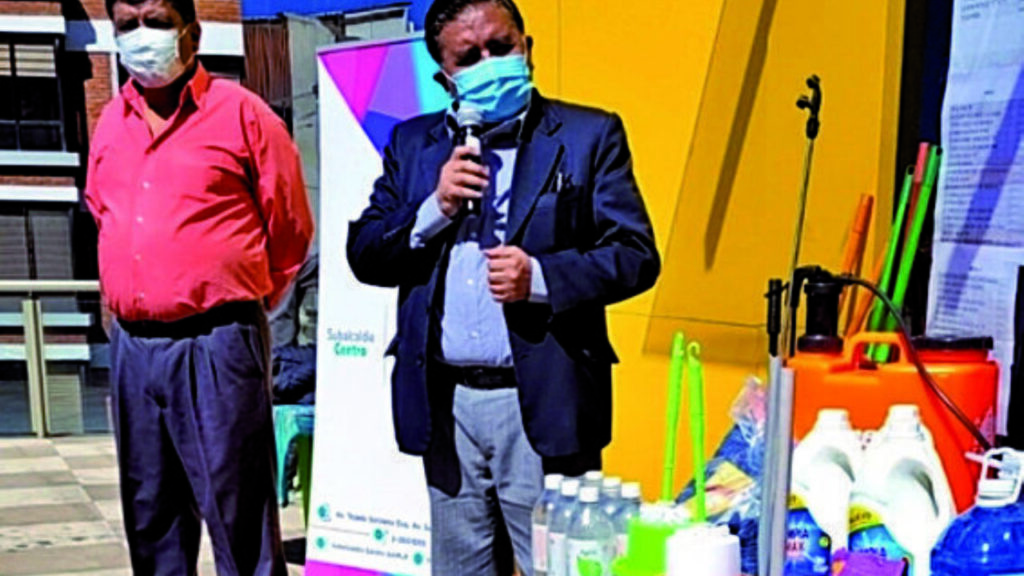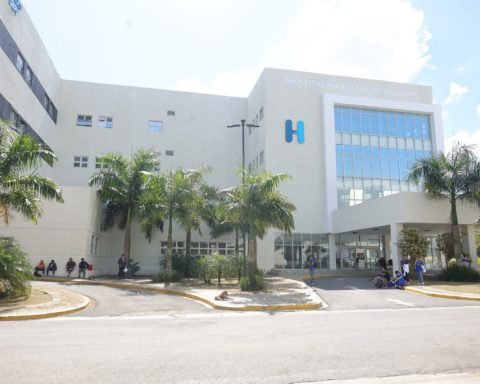The Ministry of Health launched today (10) the Quality Program in Cardiology (QualiSUS Cardio), an initiative that aims to monitor the conditions of cardiovascular care in the Unified Health System (SUS).
Through the program, goals, parameters and indicators will be established that may result in transfers to health units, in order to stimulate better cardiology services in the country.
According to the ministry, the program “classifies SUS health establishments, qualified in the context of high cardiovascular complexity, in performance levels based on the evaluation of criteria related to the production parameter, the complexity and quality of care offered to the population. population, establishing increments on the values of surgical procedures of the circulatory system”.
Watch on TV Brazil
voluntary membership
According to the secretary of Specialized Health Care, Maíra Botelho, R$ 200 million are foreseen in contributions to the program. “Membership is voluntary, but if you join, to havethere is an obligation to feed the national registry of implants, in the angioplasty module”, said the secretary, emphasizing that the complexity of the procedures performed will also be taken into account.
“Our objective is to evaluate the performance of hospitals and reward good practices. It’s paying for whoever delivers the best result”, he said when presenting the four axes of the program: situational diagnosis; model of additional allocation of resources conditioned to the performance achieved; strengthening of management processes and improvement of care quality; and professional training.
The adhesion of hospitals to the program will be through the Support System for the Implementation of Health Policies. Establishments must register their respective services with the National Implant Registry.
The ministry reports that the classification by performance levels will be updated every two years. Monitoring and evaluation will be carried out at the federal, state, district and municipal levels, “responsible for controlling the effective fulfillment of criteria, parameters and indicators”.
price update
When launching the new program, Minister Marcelo Queiroga warned about some risks that the lack of updating the prices paid for some materials can bring to the country’s health sector.
“We have increased the prices paid for heart valves because, otherwise, we will not have a national valve developed, to account for the number of people with more advanced ages that to havethey are structural heart diseases”, said the minister, based on the demographic transition that Brazil is going through, which has an increasing population of elderly people.
In this sense, Queiroga added, “we have to develop our health industrial economic complex, not only in relation to implanted valves. Hence there is a pressing need to make correction to table distortions,” he argued.
“The ideal is to put an end to the history of the Ministry of Health fixing prices, because our government is liberal. The market sets the price. We have to end this because [em produtos cujo] price that the ministry says is R$ 50, in the private sector it is sometimes twice as much. And whoever pays the bill is the beneficiary of supplementary health care”, said Queiroga.
According to him, as this whole system is “oxygenated by tax waivers”, it is the consumer and the SUS who pay the bill. “And many of these resources are not reimbursed to the SUS by the health operators. Only two of them, including those who want to merge, owe R$ 1 billion to the health system”, said the minister.
















